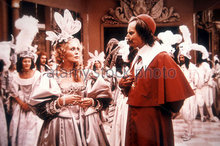 Everyone likes a party. Many of us even like to plan parties, especially writers (who, if they didn’t like process, wouldn’t be writers.) But do we like to write about them? Maybe not so much
Everyone likes a party. Many of us even like to plan parties, especially writers (who, if they didn’t like process, wouldn’t be writers.) But do we like to write about them? Maybe not so much
Of course there are some memorable parties to be found in Fantasy and SF literature. The two that immediately come to mind are the birthday party that opens LOTR, and the high tea that opens The Hobbit. Is it significant that both of these involve not only the same author, but the same character? I think so. I also think it’s significant that Bilbo doesn’t plan the party in The Hobbit (it’s Gandalf’s do), but he does plan the one in LOTR. Seems like it might take a little age and experience to organize a big affair.
 For the most part parties in literature seem to be limited to pre-WWII novels where omniscient narrators can give us interesting overviews, occasionally zooming in to present important detail. Look at Jane Austen: with or without zombies these people spend a lot of time at balls, dances, tea parties, supper parties and the like. Otherwise, how would the characters, particularly the women, meet one another? Even Cinderella meets the prince at a ball.
For the most part parties in literature seem to be limited to pre-WWII novels where omniscient narrators can give us interesting overviews, occasionally zooming in to present important detail. Look at Jane Austen: with or without zombies these people spend a lot of time at balls, dances, tea parties, supper parties and the like. Otherwise, how would the characters, particularly the women, meet one another? Even Cinderella meets the prince at a ball.
A party is also a great way to allow your characters to interact in public, and reveal all kinds of details about themselves that you might otherwise have to take chapters to show. Still, unless you are using an omniscient narrator, a party scene can be deadly both to read and to write. Think of the last big party you attended. If the narrative of the story was told from your point of view only, the reader would get a very limited understanding of what happened.
Do parties have any other narrative use? Do they forward the plot? I’d say they do, but only by what we’ve seen already: introducing characters to the reader and allowing characters to meet each other. By the way, however planned they might be, I don’t think we can include ceremonies in our definition of parties. Maybe the reception, for example, but not the wedding itself.
…
Read More Read More


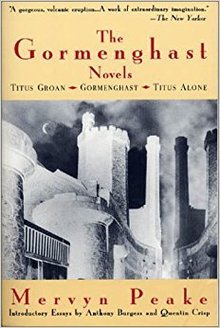 We’re always hearing about using setting as a character , and there’s no doubt that some stories simply can’t be told if they were set somewhere other than the place they’re in. Like, say, the wuthering heights in Wuthering Heights. You know, places that aren’t just somewhere for the characters to be (everyone has to be somewhere) but that in some way inform the whole story, and perhaps the characters as well.
We’re always hearing about using setting as a character , and there’s no doubt that some stories simply can’t be told if they were set somewhere other than the place they’re in. Like, say, the wuthering heights in Wuthering Heights. You know, places that aren’t just somewhere for the characters to be (everyone has to be somewhere) but that in some way inform the whole story, and perhaps the characters as well.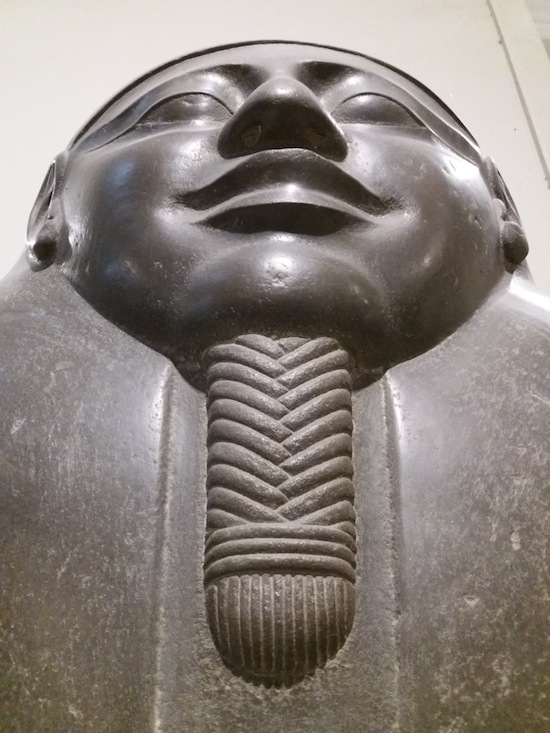

 For the most part parties in literature seem to be limited to pre-WWII novels where omniscient narrators can give us interesting overviews, occasionally zooming in to present important detail. Look at Jane Austen: with or without zombies these people spend a lot of time at balls, dances, tea parties, supper parties and the like. Otherwise, how would the characters, particularly the women, meet one another? Even Cinderella meets the prince at a ball.
For the most part parties in literature seem to be limited to pre-WWII novels where omniscient narrators can give us interesting overviews, occasionally zooming in to present important detail. Look at Jane Austen: with or without zombies these people spend a lot of time at balls, dances, tea parties, supper parties and the like. Otherwise, how would the characters, particularly the women, meet one another? Even Cinderella meets the prince at a ball.
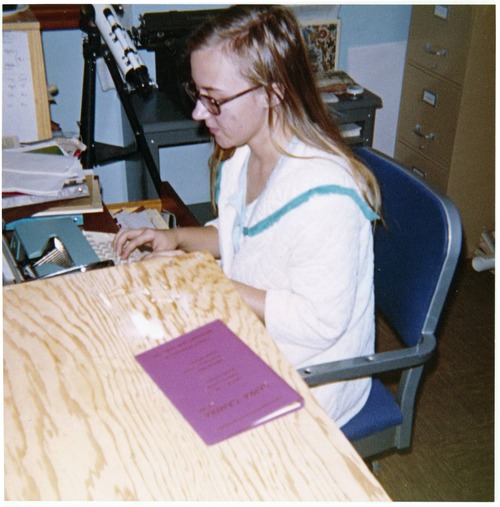
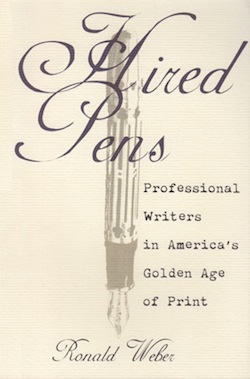 Last month I posted here about
Last month I posted here about  Those who know me, or who have read some of my previous posts on the subject, know that I’m a big fan of anthologies, particularly those featuring original stories. For my general remarks on the subject, you can look
Those who know me, or who have read some of my previous posts on the subject, know that I’m a big fan of anthologies, particularly those featuring original stories. For my general remarks on the subject, you can look 